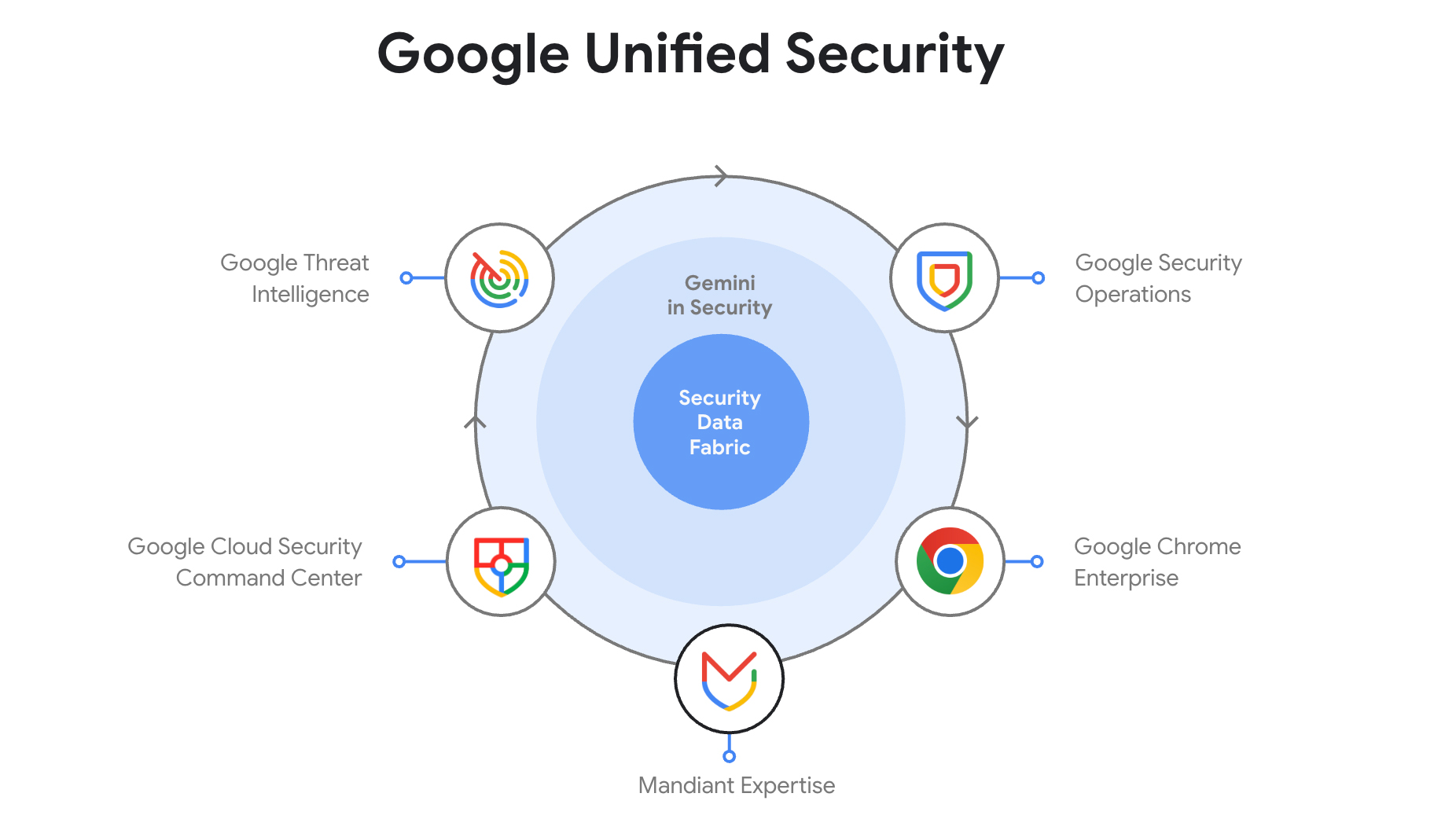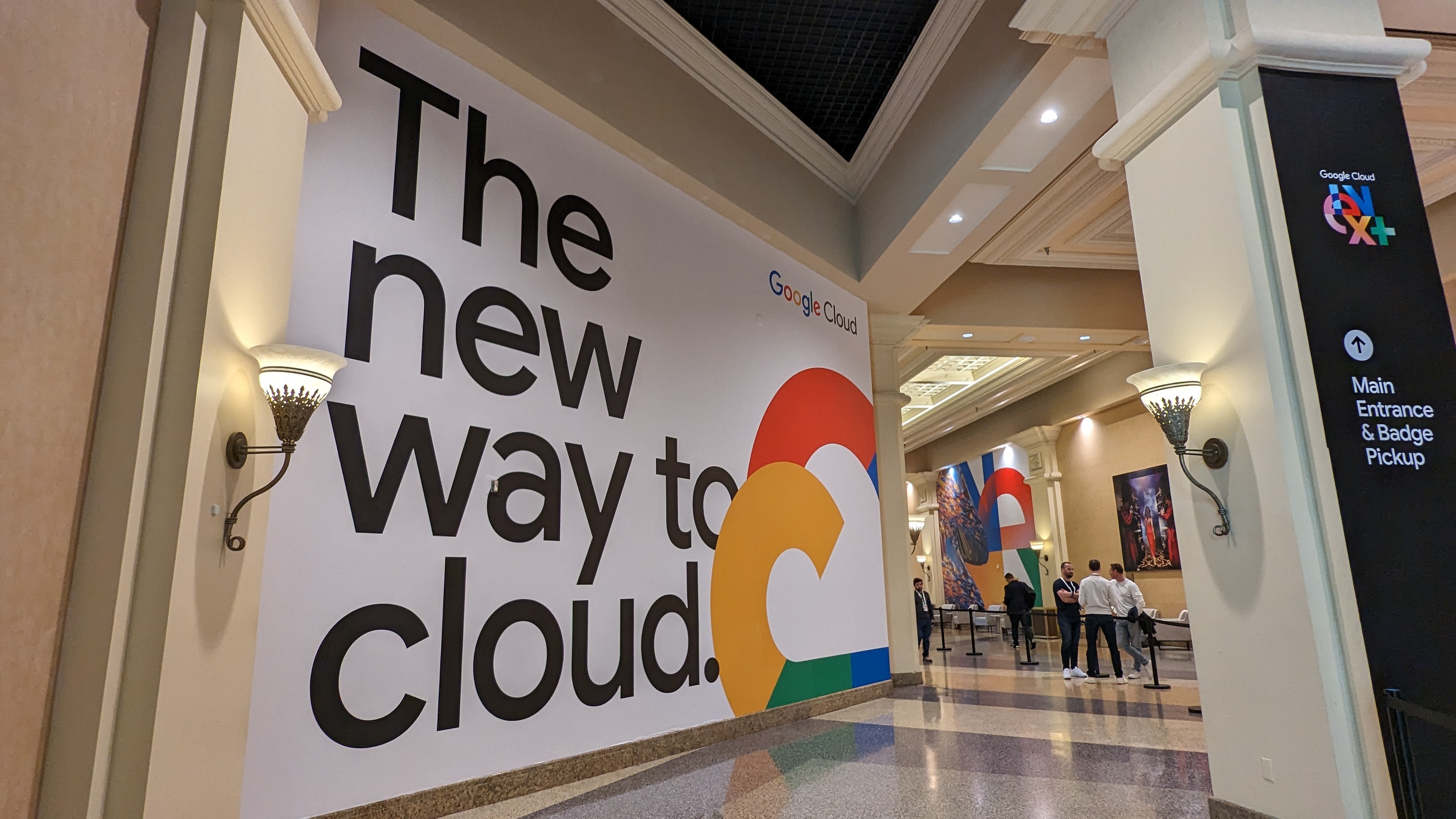AWS joins Google in calling out restrictive Microsoft cloud practices
Competitors are voicing their concerns over restrictive Microsoft cloud licensing rules


Just weeks after the launch of an official probe into the state of competition in the UK cloud computing market, major industry players have pounced at the chance to criticize restrictive Microsoft cloud practices.
AWS, which holds the largest market share in the UK cloud computing space, claimed Microsoft is creating challenging conditions for customers, as set out in a statement on the CMA's website.
The cloud giant said that Microsoft licensing practices prevent customers from switching to alternative providers or adopting a multi-cloud approach.
Microsoft changed its licensing terms in 2019 and 2022 following complaints to EU competition regulators. The updated T&Cs were aimed at making it easier for smaller cloud providers to compete in the European cloud computing market.
However, AWS claims these changes have resulted in little change, and are making it “more difficult for customers to run some of its popular software offerings on Google Cloud, AWS, and Alibaba”.
“To use many of Microsoft’s software products with these other cloud services providers, a customer must purchase a separate license even if they already own the software,” AWS said. “This often makes it financially unviable for a customer to choose a provider other than Microsoft.”
AWS specifically cited a July 2023 study which found that requirements for customers to rebuy existing software licenses and use them in conjunction with cloud services resulted in an “estimated expenditure of approximately €560 million”.
Get the ITPro daily newsletter
Sign up today and you will receive a free copy of our Future Focus 2025 report - the leading guidance on AI, cybersecurity and other IT challenges as per 700+ senior executives
The firm added this is equivalent to an 80-100% price increase.
AWS isn’t alone in its criticism of Microsoft practices. Last week, Google Cloud lodged a formal complaint with the CMA over its tactics.
Google Cloud also claimed that Microsoft’s licensing regime has discouraged customers from using competitor services, which in turn is harming customer choice.
"With Microsoft’s licensing restrictions in particular, UK customers are left with no economically reasonable alternative but to use Azure as their cloud services provider, even if they prefer the prices, quality, security, innovations, and features of rivals," the firm said.
Interoperability and consumer flexibility have been key recurring concerns for UK cloud customers in recent months.
Ofcom’s initial probe into the state of the cloud computing market found that egress fees, whereby customers are required to pay to move workloads from one provider to another, have proven highly restrictive for customers.
Microsoft, naturally, has strongly disagreed with both AWS and Google Cloud on the matter, noting that competition in the UK cloud market remains robust.
"There are many sources of competition in the cloud market in the UK. Google, Oracle, IBM and many other cloud players are also investing billions of pounds in cloud infrastructure globally to satisfy demand and are competing strongly for each customer workload where they operate," the firm wrote.
Hyperscaler spat a “distraction” from bigger picture
While hyperscaler cloud providers slug it out in the court of public opinion, alternative providers have looked on with a sense of frustration, according to Civo chief executive Mark Boost.
Boost said the current public disagreement between the hyperscalers is “nothing but a distraction from the big picture”, adding that regardless of their respective positions, smaller providers are still being out muscled and restricted due to the dominant market share of the aforementioned trio.
“Whatever each one may claim, the fact remains that the status quo in the cloud market is unsustainable and anti-competitive,” he said.
“We cannot have a situation where businesses using the cloud are hemmed in with opaque pricing, dauntingly complex services, and data egress fees that make it difficult to move to another provider.”
RELATED RESOURCE

Discover a datacenter revitalization strategy that will help you dominate competitors
DOWNLOAD NOW
Boost suggested that by taking a hard line, the CMA can precipitate change in the UK cloud computing market, improve competition, and ultimately benefit customers.
“The CMA investigation can be a turning point for the UK. We can start building an environment where any company can develop cutting-edge cloud services, and customers have the freedom to find the best solution for them,” he said.
“If we want to truly build a better cloud space here in the UK, we need to focus on addressing the issues that are key to customers. Predictable pricing, simplified services and ease of access can all contribute to a more competitive landscape where cloud realizes its full potential.”

Ross Kelly is ITPro's News & Analysis Editor, responsible for leading the brand's news output and in-depth reporting on the latest stories from across the business technology landscape. Ross was previously a Staff Writer, during which time he developed a keen interest in cyber security, business leadership, and emerging technologies.
He graduated from Edinburgh Napier University in 2016 with a BA (Hons) in Journalism, and joined ITPro in 2022 after four years working in technology conference research.
For news pitches, you can contact Ross at ross.kelly@futurenet.com, or on Twitter and LinkedIn.
-
 Third time lucky? Microsoft finally begins roll-out of controversial Recall feature
Third time lucky? Microsoft finally begins roll-out of controversial Recall featureNews The Windows Recall feature has been plagued by setbacks and backlash from security professionals
By Emma Woollacott Published
-
 The UK government wants quantum technology out of the lab and in the hands of enterprises
The UK government wants quantum technology out of the lab and in the hands of enterprisesNews The UK government has unveiled plans to invest £121 million in quantum computing projects in an effort to drive real-world applications and adoption rates.
By Emma Woollacott Published
-
 Google Cloud wants to tackle cyber complexity – here's how it plans to do it
Google Cloud wants to tackle cyber complexity – here's how it plans to do itNews Google Unified Security will combine all the security services under Google’s umbrella in one combined cloud platform
By Rory Bathgate Published
-
 Google Cloud Next 2025: All the live updates as they happened
Google Cloud Next 2025: All the live updates as they happenedLive Blog Google Cloud Next 2025 is officially over – here's everything that was announced and shown off in Las Vegas
By Rory Bathgate Last updated
-
 Google Cloud Next 2025 is the hyperscaler’s chance to sell itself as the all-in-one AI platform for enterprises
Google Cloud Next 2025 is the hyperscaler’s chance to sell itself as the all-in-one AI platform for enterprisesAnalysis With a focus on the benefits of a unified approach to AI in the cloud, the ‘AI first’ cloud giant can build on last year’s successes
By Rory Bathgate Published
-
 The Wiz acquisition stakes Google's claim as the go-to hyperscaler for cloud security – now it’s up to AWS and industry vendors to react
The Wiz acquisition stakes Google's claim as the go-to hyperscaler for cloud security – now it’s up to AWS and industry vendors to reactAnalysis The Wiz acquisition could have monumental implications for the cloud security sector, with Google raising the stakes for competitors and industry vendors.
By Ross Kelly Published
-
 Google confirms Wiz acquisition in record-breaking $32 billion deal
Google confirms Wiz acquisition in record-breaking $32 billion dealNews Google has confirmed plans to acquire cloud security firm Wiz in a deal worth $32 billion.
By Nicole Kobie Published
-
 Microsoft’s EU data boundary project crosses the finish line
Microsoft’s EU data boundary project crosses the finish lineNews Microsoft has finalized its EU data boundary project aimed at allowing customers to store and process data in the region.
By Nicole Kobie Published
-
 AWS expands Ohio investment by $10 billion in major AI, cloud push
AWS expands Ohio investment by $10 billion in major AI, cloud pushNews The hyperscaler is ramping up investment in the midwestern state
By Nicole Kobie Published
-
 Microsoft hit with £1 billion lawsuit over claims it’s “punishing UK businesses” for using competitor cloud services
Microsoft hit with £1 billion lawsuit over claims it’s “punishing UK businesses” for using competitor cloud servicesNews Customers using rival cloud services are paying too much for Windows Server, the complaint alleges
By Emma Woollacott Published
